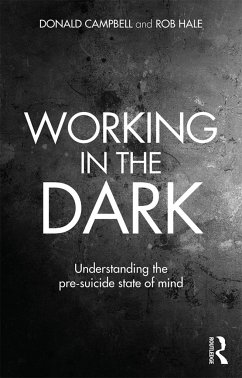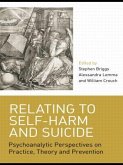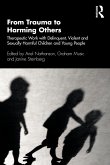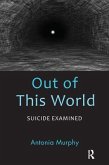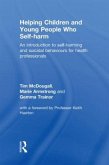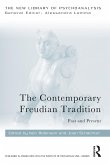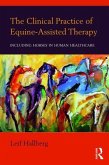Working in the Dark focuses on the authors' understanding of an individual's pre-suicide state of mind, based on their work with many suicidal individuals, with special attention to those who attempted suicide while in treatment. The book explores how to listen to a suicidal individual's history, the nature of their primary relationships and their conscious and unconscious communications.
Campbell and Hale address the searing emotional impact on relatives, friends and those involved with a person who tries to kill themself, by offering advice on the management of a suicide attempt and how to follow up in the aftermath. Establishing key concepts such as suicide fantasy and pre-suicidal states in adolescents, the book illustrates the pre-suicide state of mind through clinical vignettes, case studies, reflections from those in recovery and discussions with professionals.
Working in the Dark will be of interest to social workers, probation officers, nurses, psychologists, counsellors, psychotherapists, psychoanalysts and doctors who work with those who have attempted suicide or are about to do so.
Campbell and Hale address the searing emotional impact on relatives, friends and those involved with a person who tries to kill themself, by offering advice on the management of a suicide attempt and how to follow up in the aftermath. Establishing key concepts such as suicide fantasy and pre-suicidal states in adolescents, the book illustrates the pre-suicide state of mind through clinical vignettes, case studies, reflections from those in recovery and discussions with professionals.
Working in the Dark will be of interest to social workers, probation officers, nurses, psychologists, counsellors, psychotherapists, psychoanalysts and doctors who work with those who have attempted suicide or are about to do so.
'Its subject notwithstanding - what a brilliant, much-needed, and ultimately hopeful-helpful book this is! The experience, if not the facts, of suicide remain taboo. The authors, based on nearly a century of combined clinical experience, expound its psychic meaning, developmental origins, and therapeutic implications in ways relevant and accessible to all mental health practitioners. Robustly yet flexibly psychoanalytic, they demonstrate the paradox of suicide as 'an attempt to live at the cost of life itself'; outline the '10 danger signals' of suicide for professionals; and illuminate the underlying phantasies inherent in the suicidal act. Heeded, this book will be a life-saver!' - Professor Jeremy Holmes, MD, FRCPych, University of Exeter, UK
'The authors' unrivalled knowledge and experience garnered over many years is distilled to present a rich and compelling approach to suicide and therapeutic practice with suicidal people. The exploration of the influential concept of the pre-suicide state makes sense of suicidal motivations, explains the strong, and often seemingly strange counter-transference responses encountered in this work, and why working with suicidal people can draw negative reactions from professionals. Challenging conventional wisdom, Working in the Dark demonstrates that understanding unconscious suicide fantasies underpinning suicidal behaviour is essential to prevent the dangers of repeated suicide attempts.' - Professor Stephen Briggs, University of East London
'The authors' unrivalled knowledge and experience garnered over many years is distilled to present a rich and compelling approach to suicide and therapeutic practice with suicidal people. The exploration of the influential concept of the pre-suicide state makes sense of suicidal motivations, explains the strong, and often seemingly strange counter-transference responses encountered in this work, and why working with suicidal people can draw negative reactions from professionals. Challenging conventional wisdom, Working in the Dark demonstrates that understanding unconscious suicide fantasies underpinning suicidal behaviour is essential to prevent the dangers of repeated suicide attempts.' - Professor Stephen Briggs, University of East London

